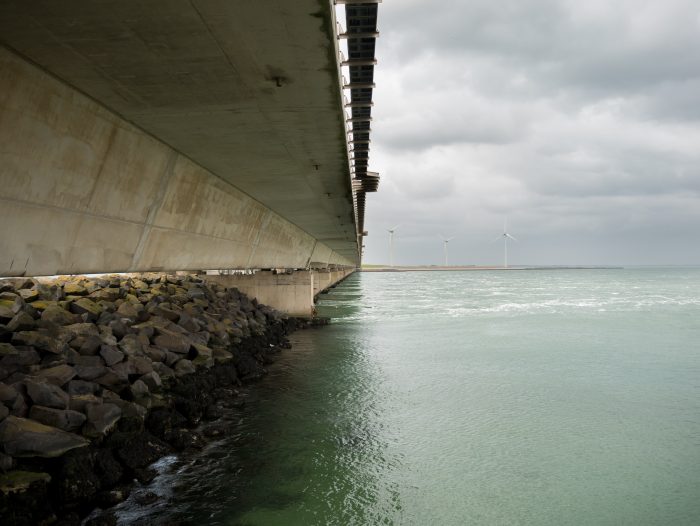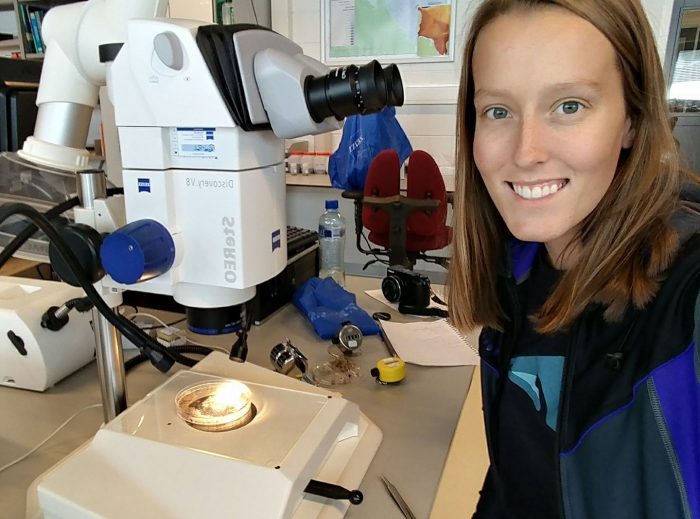With dive gear still wet in my bags, I hopped a flight from Miami to Amsterdam to participate in Florida Earth Foundation‘s US-Netherlands Connection Professional Program. With a degree in water resources engineering, I was excited to spend a week with other water professionals learning about water management and investigating knowledge exchange in the Netherlands. Fifty percent of land in the Netherlands lies below sea level, making the Dutch water experts.

Based out of Delft, we traveled all over the Netherlands to learn about how the Dutch “live with water.” After a massive flood event in 1953, the Dutch promised this would never happen again. In the past 60 years they have focused their efforts on fortifying their country through an extensive dike system and the Delta Works projects, as well as educating their citizens to learn to live with water rather than fight against it.

We visited two of the Delta Works – Maeslantkering and Oosterscheldekering. Maeslantkering is the largest moving object in the world and protects the port of Rotterdam from dangerous storm surge. Oosterscheldekering is the largest of the 13 Delta Works and keeps the Netherlands from flooding by the North Sea. We also spent time at Deltares, an independent institute for applied water resources, as well as IHE Delft, the largest graduate water education institution.

After the program I traveled by bus, train, ferry, and on foot to get to Texel, a small island in the northern Netherlands. Here I stayed at de Potvis, a small campus for researchers working at Waginingen Marine Research and the Royal Netherlands Institute for Sea Research (NIOZ), both of which I visited in the coming days. At Waginingen Marine Research I worked with Dr. Joop Coolen, whose research focuses on identifying species that colonize artifical structures in the North Sea. At NIOZ I was able to spend time with Marck Smit, who introduced me to NIOZ’s research projects and valorisation efforts. Valorisation is the transfer of research results and knowledge to the public and into actual use. Valorisation aims to ensure that an impact is made by communicating societal relevance and allowing research results to be adapted to fit the public’s needs.

At the end of my stay in the Netherlands I met up with Aline te Linde, a senior advisor at Twynstra Gudde. I learned all about Aline’s job at this global consultancy firm that provides expertise in water governance.
It was incredible to spend time with other water professionals talking about water knowledge exchange, as well as to learn about water management and governance from a country that excels in these areas. Thank you to all who contributed to my time in the Netherlands, including Stan Bronson, Dr. Joop Coolen, Doerte Poszig, Marck Smit, and Aline te Linde. Also thank you to OWUSS and Rolex for enabling this incredible year!
It’s straight to Malta now, where I’ll head back underwater!